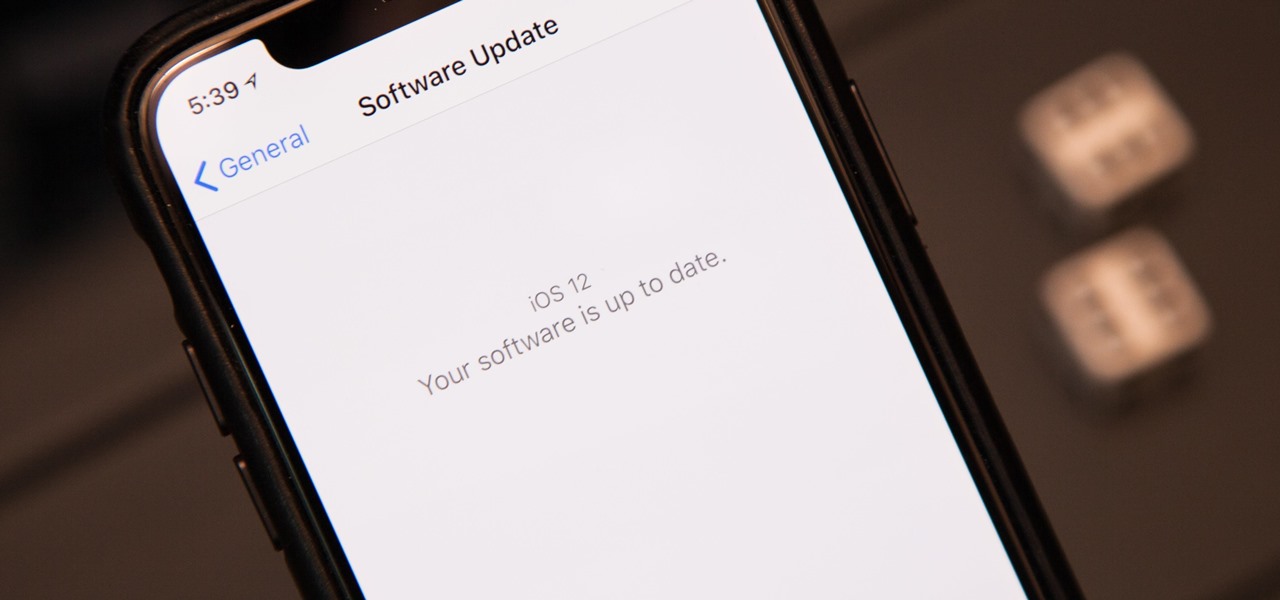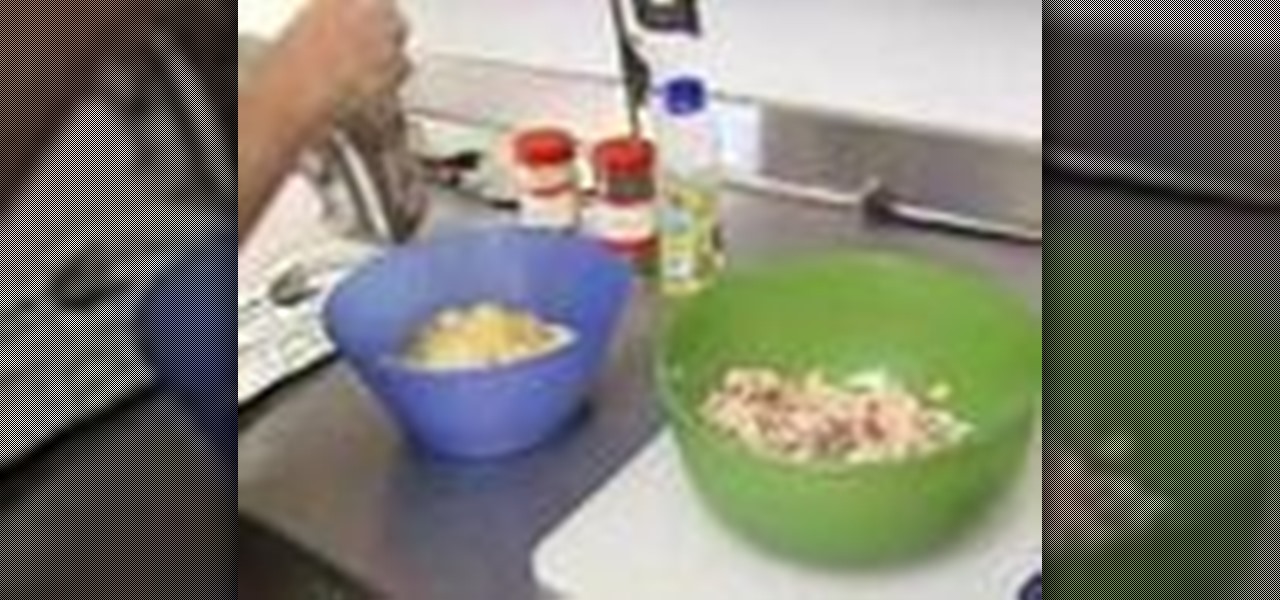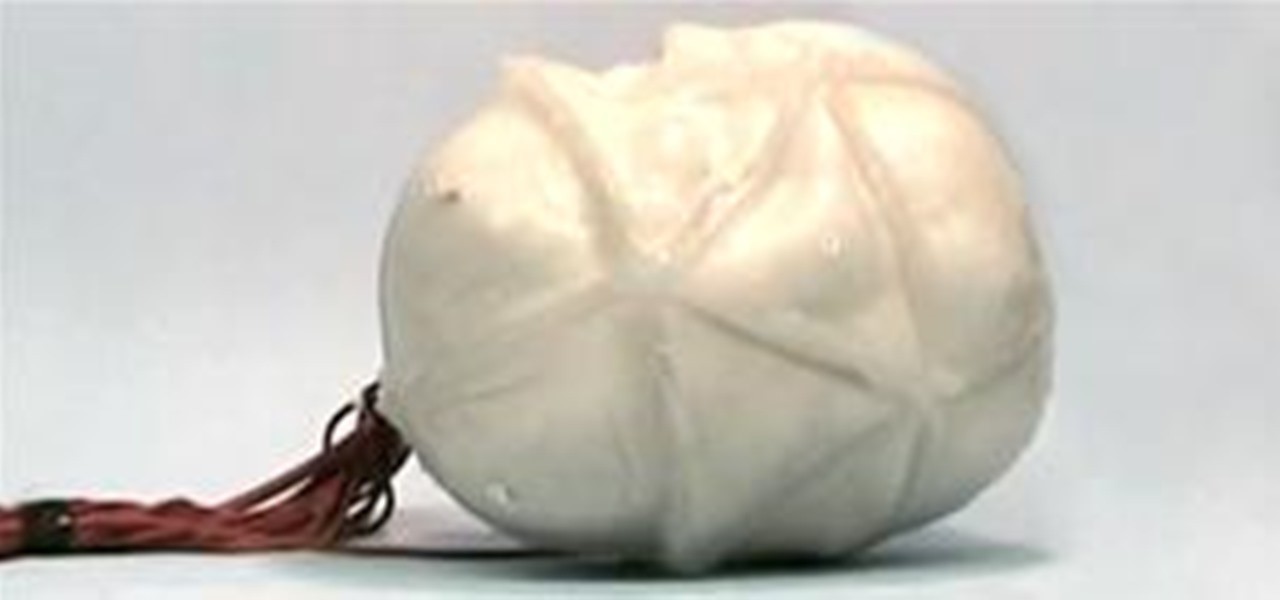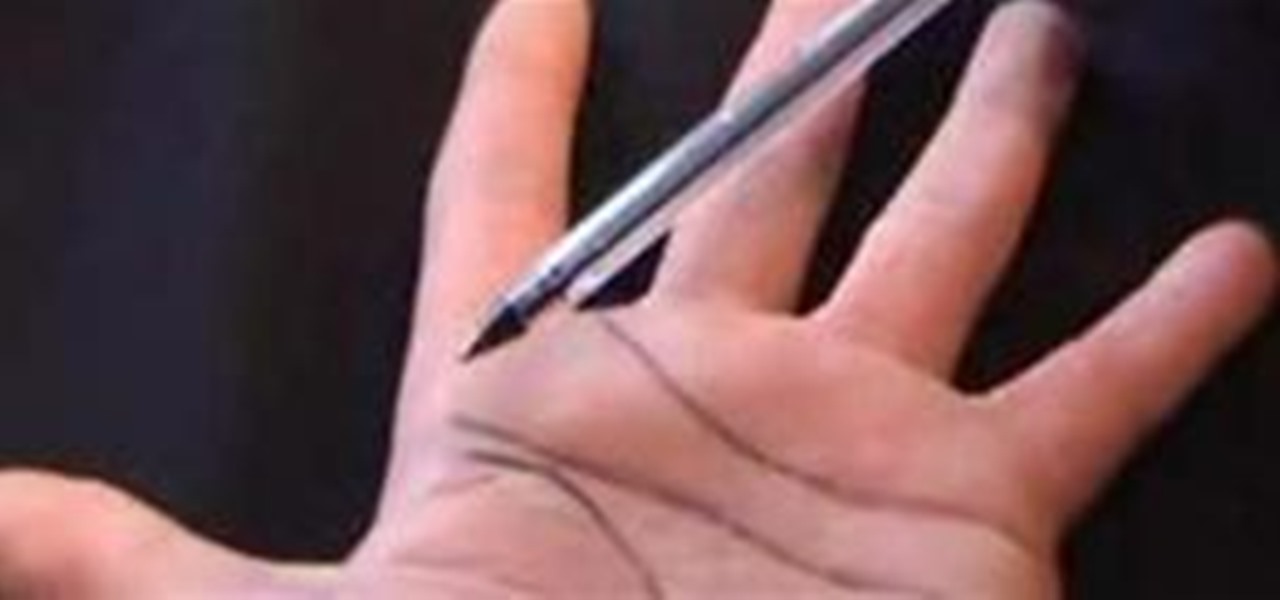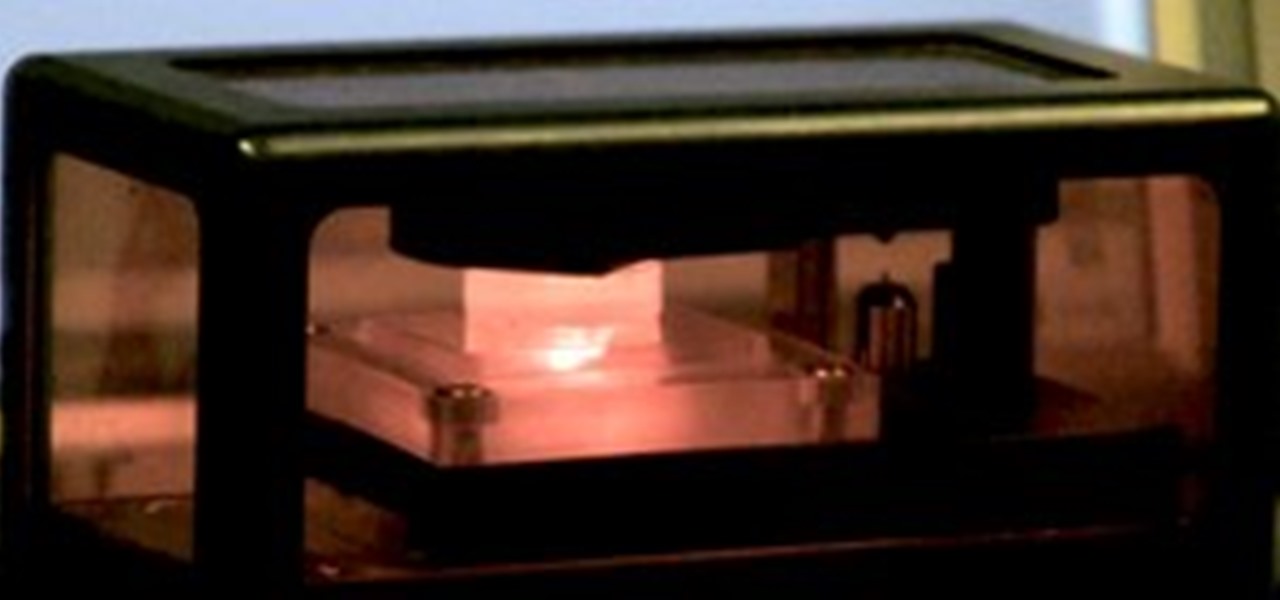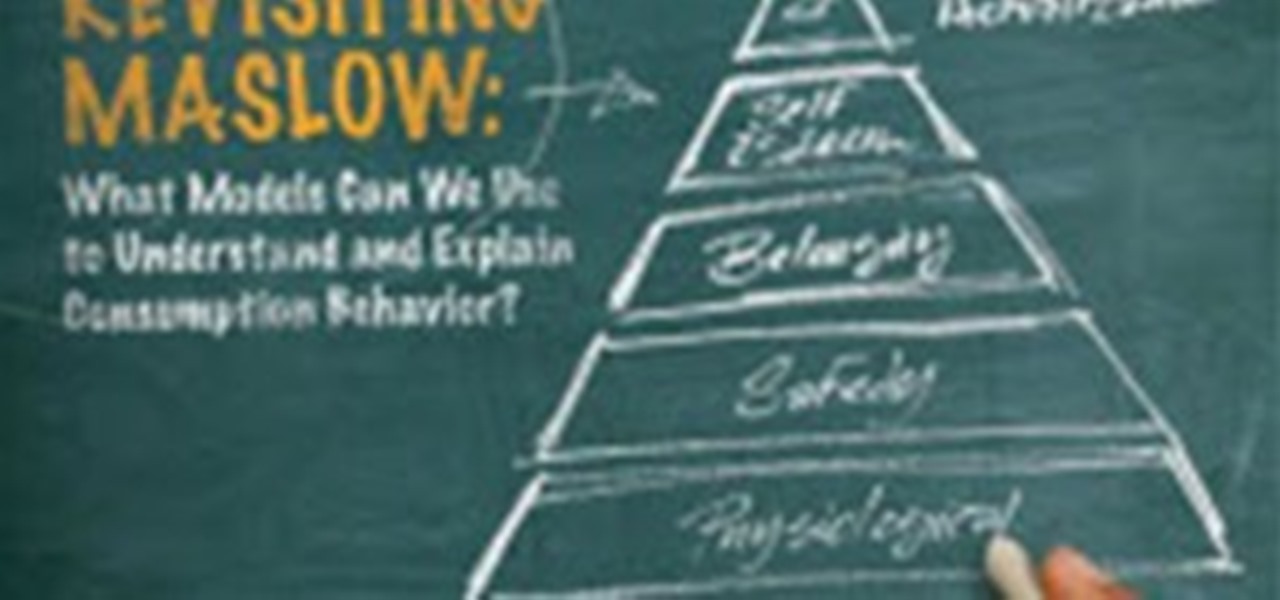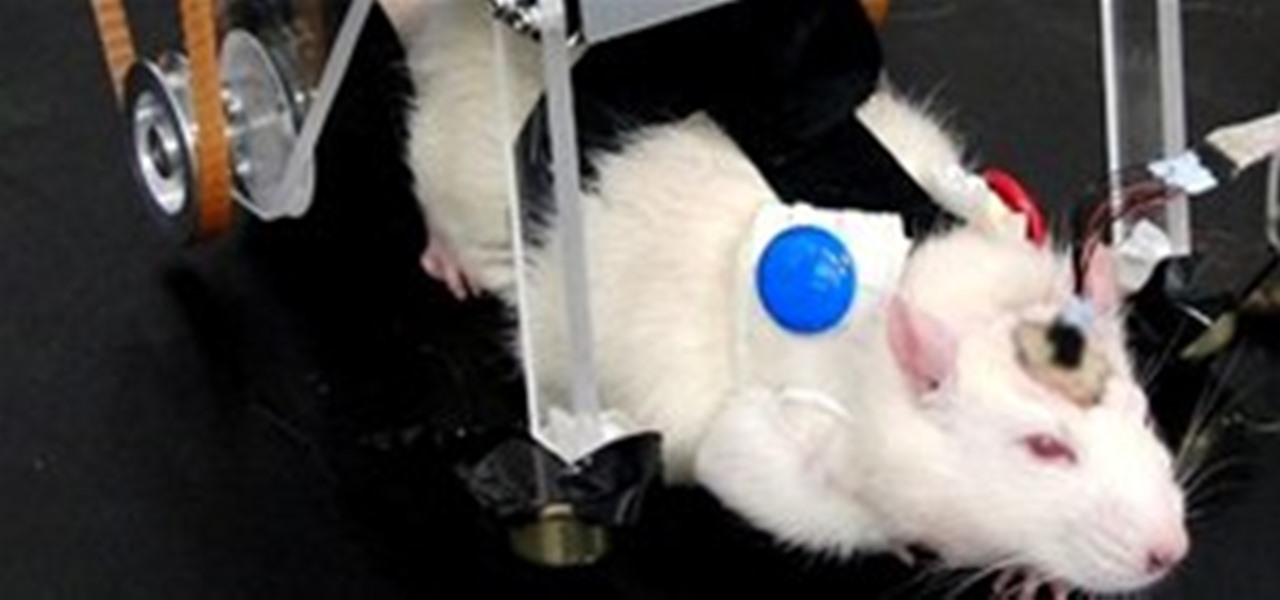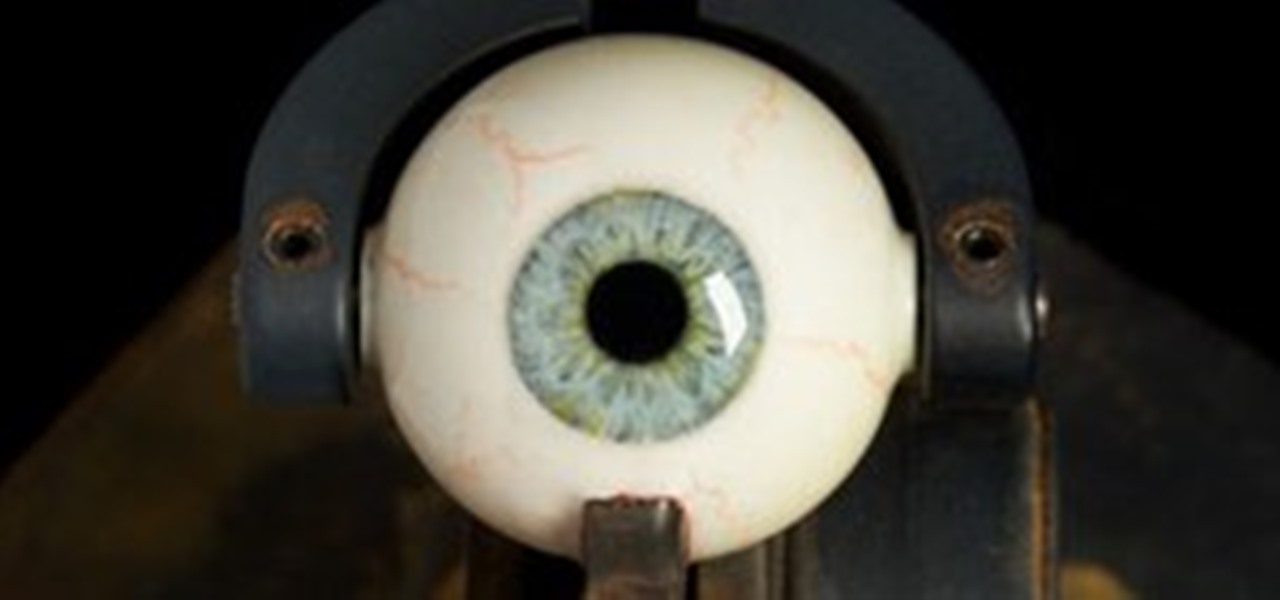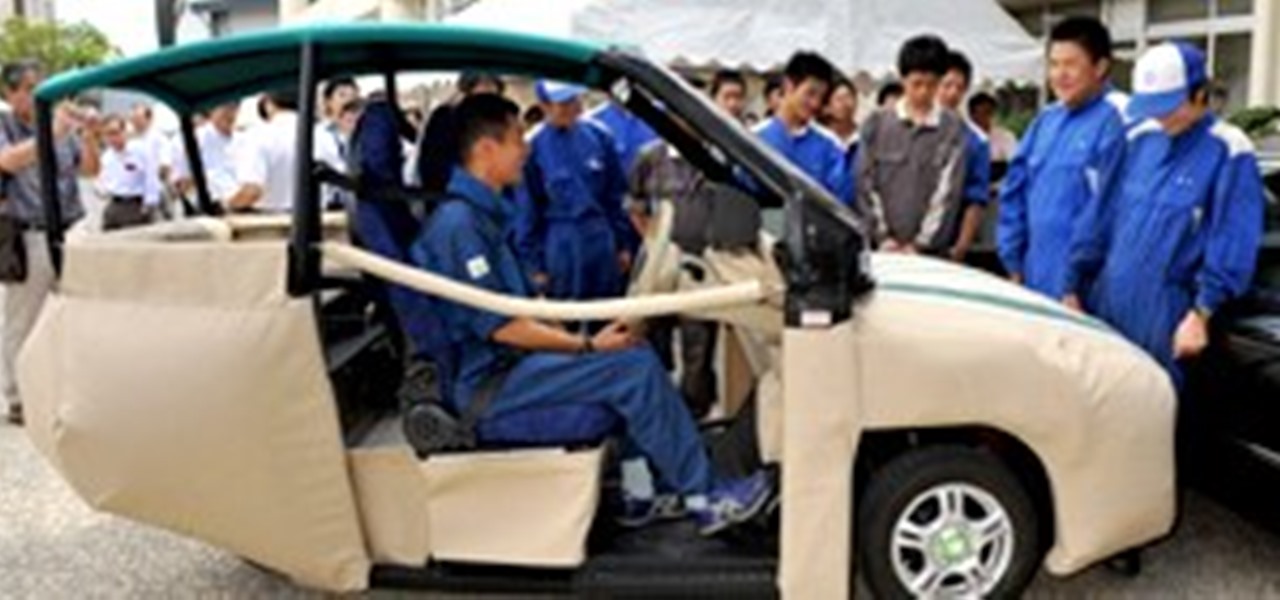
Most of the images in your iPhone's Photos app contain exchangeable image file format data known as Exif or EXIF data, which has several helpful uses. You can use countless apps capable of reading Exif data, many of which are paid or limited. But you already have an app on your iPhone that can give you important details about each image — and I'm not talking about the Photos app.
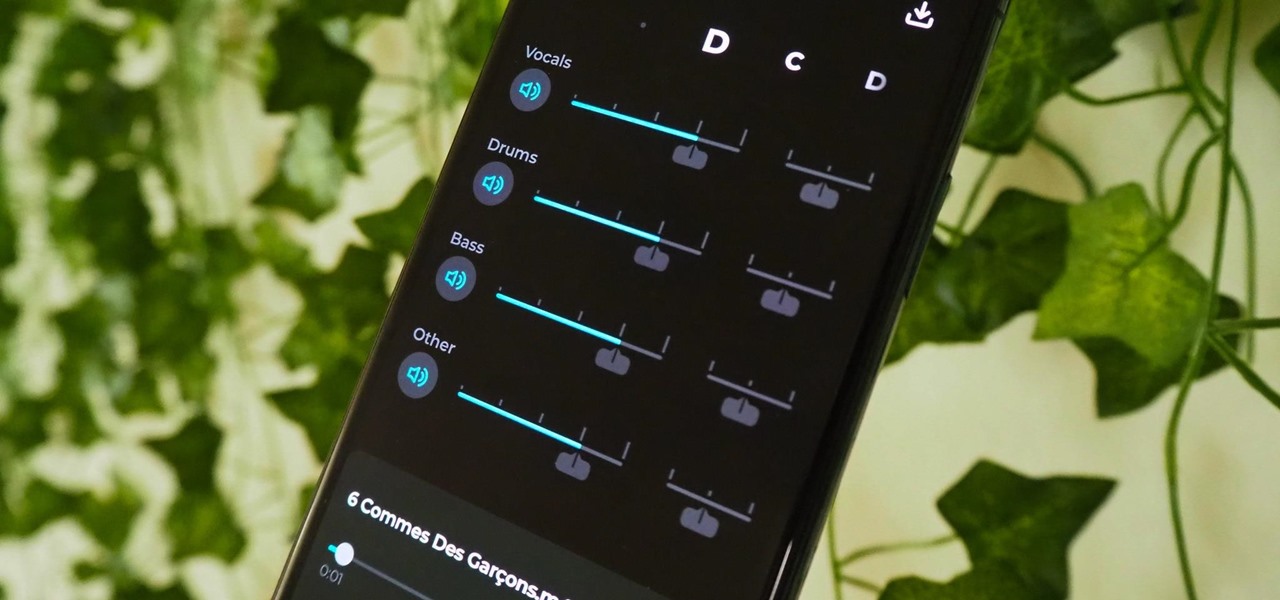
Adobe Audition, Audacity, and other audio editing software have tools to isolate vocals and instruments in regular songs so that you can get an instrumental track for karaoke, vocals for an a capella version, or solo drums, bass, keys, etc. that you can use to learn the song yourself. The software is mostly for desktop computers, and it doesn't always do a good job, but that's where Moises comes in.

Withstanding an attack from a motivated hacker is one of the most important responsibilities a system administrator must undertake. This is especially true for websites that may contain sensitive customer information and a high volume of users. So it's important for a sysadmin to take proactive measures to find and fix vulnerabilities in their websites.

Browser extensions are extremely useful since they can expand web browsers like Google Chrome and Mozilla Firefox beyond their built-in features. However, we don't always know who's behind a browser add-on or what it's doing beyond what's advertised. That's where ExtAnalysis comes into play.

Using a strong password is critical to the security of your online accounts. However, according to Dashlane, US users hold an average of 130 different accounts. Memorizing strong passwords for that many accounts is impractical. Fortunately, password managers solve the problem.

All fields of study have their own language. For people interested in learning about microbes, the language can sometimes be downright difficult — but it doesn't need to be. From antibiotics to xerophiles, we have you covered in an easy-to-understand glossary.

Your social security number, credit card information, and medical history can fall into the wrong hands if you're not careful about how and where you share your data online. If you really care about your data, there are tools and techniques you can utilize to protect yourself from cyberstalkers, advertisers, and hackers in a time when digital lives are a high commodity.

The next big iOS version for iPad, iPhone, and iPod touch was revealed by Apple at WWDC 2018 and dropped for everyone on Sept. 17, 2018, less than a week after Apple revealed the new iPhone lineup. We've rounded up all the big picture items and secret features and changes we could find so you know exactly what to expect when updating to iOS 12 on your iPhone.

Researchers at Kentucky State University are introducing Kentucky "tuna." Still in development stages, the tasty treat offers one useful benefit of an otherwise invasive fish, the Asian carp.

Need to know how to use your Texas Instruments graphing calculator for your college math or statistics class? You're in luck... watch this video tutorial to see how to use ANOVA with a TI-83 graphing calculator. What is ANOVA? One-way Analysis of Variance.

People grumbling their way through the grimness of winter have better recall than those enjoying a carefree, sunny day, Australian researchers have found.

Researchers Hiroto Tanaka and Isao Shimoyama (of Harvard University and University of Tokyo) have constructed a tiny replica of the swallowtail butterfly. The crudely made model uses just balsa wood, rubber bands, and a steel wire crank. The goal is to better understand the biomechanics of butterfly flight. Via Wired,

Always wanted a fluorescent dog but didn’t want to commit? Well, here’s your solution. Researchers at Seoul National University developed fluorescent puppies that only glow when you want them to. Just inject the special pups with doxycycline and they’ll glow like a black light poster for a few weeks. Then, they return to dull, furry normal.

BPA: Why Plastic Ain't Good For You BPA or Bisphenol A is in many of the products we use. Everything from Ziploc bags to shower curtains, we are exposed to BPA all the time.

University of Tokyo and MIT join forces to create a high speed, three fingered, robot pitcher. From Pink Tentacle:

iRobot released their new soft blob morphing robot this past Tuesday. The amazing shape-shifter has the ability to squeeze

With palm reading! Think it's hokey? We were skeptics, but found out that palmistry is actually founded in science. Think of it as an anatomical fortune cookie!

If you liked the idea of cutting duplicate keys from a personal 3D printer, then you might be interested to know that researchers at the Vienna University of Technology in Austria have successfully designed the smallest 3D printer to date. The prototype device is smaller than a shoebox and weighs only 3.3 pounds. It uses stereolithography compared to the RepRap's extruding molten plastic, and it's not a self-replicating machine and costs a bit more, at nearly $1,800 each. But compare that to ...

Ever wonder what your brain looks like on video games? Below, Matt Richtel of the New York Times lies in a $3 million M.R.I. scanning tube while playing a simple driving game, as researchers sit by and observe the real-time images inside Richtel's brain.

Want a dress that's so eco-friendly you can literally make it disappear after the ceremony? This new gown, from British researchers at Sheffield Hallam Unniversity does just that. It actually dissolves in water, reports the U.K.'sTelegraph. The dress is made with polyvinyl alcohol -- the same stuff found in laundry bags and washing detergents -- sewn into the fabric. That basically makes it water soluble, and dissolves it without harming the environment.
From 1955 to 1975, military researchers at Edgewood were using not only animals but human subjects to test a witches' brew of drugs and chemicals. They ranged from potentially lethal nerve gases like VX and sarin to incapacitating agents like BZ.
This week, researchers from Symantec shared information on the recent discovery of a new variant of the Zeus Trojan. This new variant of the popular and ever-changing banking Trojan makes use of P2P communication exclusively, making the botnet have no single point of failure and ensuring it can be kept alive and gathering data that the cybercriminal can profit from. In other words, this new variant requires no central Command-and-Control server to control the bots.

Recent research published in an issue of Nature suggests that there are actually more planets in our universe than stars. Using the Milky Way as the focus, the researchers found that each star has an average of about 1.6 planets in orbit around it, which suggests that extrasolar planets (exoplanets) outnumber stars, bringing new hope for the search of extraterrestrial life.

Lots of great articles in this issue, from researchers around the world.
Apparently some researchers believe that flavors aren't detected by sections of the tongue but by cells in the whole tongue itself.

In what appears to be some kind of hybrid science-art project, Japanese researchers have discovered a method for rendering a dead animal's body completely transparent, in order to dye the skeletal system. Simultaneously creepy and beautiful.

Augmented Steps This "haptic" floor can mimic the look and feel of sand. Credit: Yon Visell

Innovative or downright frightening? Popsci examines five of the world's scariest science experiments-in-progress.

New serious results appeared regarding the early puberty "precocious puberty" and its impact on the health of young girls. New studies in Cambridge university regarding the shows that early puberty is associated with increased risk for diabetes, Cardiovascular disease, breast cancer and endometrial cancer.

When that midday fatigue starts hitting you, sometimes the best solution is to just give in to sleep and nap it off. But how long should you sleep? Nap for too long and you often wake up feeling even worse than before, and it could be hours before you finally feel fully awake. Australian researchers conducted a study that back up this idea. They found that not only is a very short nap perfectly fine for recharging your brain, but that longer sleep sessions can cause a period of impaired alert...

Listen up Scrabblers... you finally have something to brag about besides knowing what MUZJIK is, and if you think it's elevator music, put those tiles back in the bag and pack up your Scrabble board because this doesn't apply to you.

By John Timmer, Ars Technica How much information can the world transmit, process, and store? Estimating this sort of thing can be a nightmare, but the task can provide valuable information on trends that are changing our computing and broadcast infrastructure. So a pair of researchers have taken the job upon themselves and tracked the changes in 60 different analog and digital technologies, from newsprint to cellular data, for a period of over 20 years.

LONDON: Bad at maths? Gorge on chocolates before you attempt your next examination. A new study has revealed that eating chocolate could improve the brain's ability to do maths as well as boost your energy level.

Push-ups, crunches and gyms are fine for building bigger muscles and stronger bones. But can you meditate your way to a bigger brain?

Scientists have good and bad news for hard-driving people who boast they need only six hours of sleep a night. The good news is a few may be right: Researchers at the University of California-San Francisco have identified a family with a genetic mutation that causes members to require only six hours sleep a night. The bad news? The gene is vanishingly rare in humans, found in less than 3% of people.

Researchers at Northwestern University have hatched a robotic replica of the ghost knifefish, an amazing sea creature with a ribbon-like fin, capable of acrobatic agility in the water. The fish is distinctive in its ability to move forward, backward and vertically, but scientists didn't understand its vertical movement until the creation of its robot replica, GhostBot (shown below). They now know its vertical propulsion is caused by two waves moving in opposite directions, crashing into each ...

A testament of man vs. machine will air on February 14th, 15th, and 16th when IBM's supercomputer "Watson" is pitted against the world's fiercest Jeopardy players, Ken Jennings and Brad Rutter, for a chance to win a cool $1 million. It took researchers four years to build Watson, a machine mastermind the size of ten refrigerators and equipped with complex algorithms capable of decoding the complexities of the human language (no small feat). Watch below as Watson kicks ass in a practice round ...

Relax PETA, it's not as evil as it looks (although those neural electrode implants do look painful).

This panhandling robot isn't too proud to beg. In fact, it's custom-built for it. And who could refuse? Get a load of that puppy-dog eye.

A team of Japanese researchers have developed an airbag system for the exterior of the car, rather than the interior, with the purpose of protecting pedestrians.









